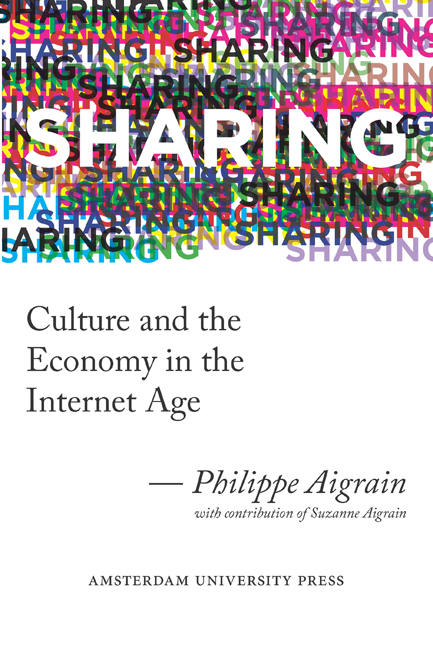10 - Usage Measurement for Equitable Rewards
Published online by Cambridge University Press: 19 January 2021
Summary
We are close to our intended goal of making a reasonably complete and self-consistent proposal. We have one final question to tackle: can we really measure the non-market use of works precisely and reliably enough to set the basis for rewards? Strongly divergent opinions have been expressed on this topic in the past. Some managers of collecting societies, who were hostile to a flat-rate-based legalization of file sharing, initially claimed that it was impossible to measure usage, and that the system would be prone to an enormous amount of fraud. Then, as such a system started looking increasingly likely to be implemented, others said that there was no problem at all, provided they were the ones to do it. Finally, yet others declared that it was intrinsically unfair, since the methods would necessarily use statistics, while their present measures for other sources of revenues use detailed counting of every use. This objection is ironic, since they measure only an extremely limited fraction of the use of works, compared to what we are trying to address.
These disparate arguments further motivate us to evaluate the precision which can be achieved in practice. We start by describing the structure of a possible measurement system, then detail some of its aspects and describe what it can achieve in realistic conditions. Appendix C details the underlying model supporting our claims.
A general usage measurement system
Structure
(Fisher 2004, pp. 223-234) described a potential measurement system for rewarding artists. It was mainly based on large-scale sampling, but also included alternative or complementary possibilities, such as using the direct expression of preferences (for example, genres). We also favor a sampling system, leaving the direct expression of preferences for the financing of production. As Fisher did, we note that a fair reward system does not need to track every use of a work, but only to estimate the relative use of each work compared to the others to a reasonable level of precision. Our system is of a different nature from Fisher's and operates on a different scale. It is at the same time more modest and more ambitious.
- Type
- Chapter
- Information
- SharingCulture and the Economy in the Internet Age, pp. 145 - 156Publisher: Amsterdam University PressPrint publication year: 2012



